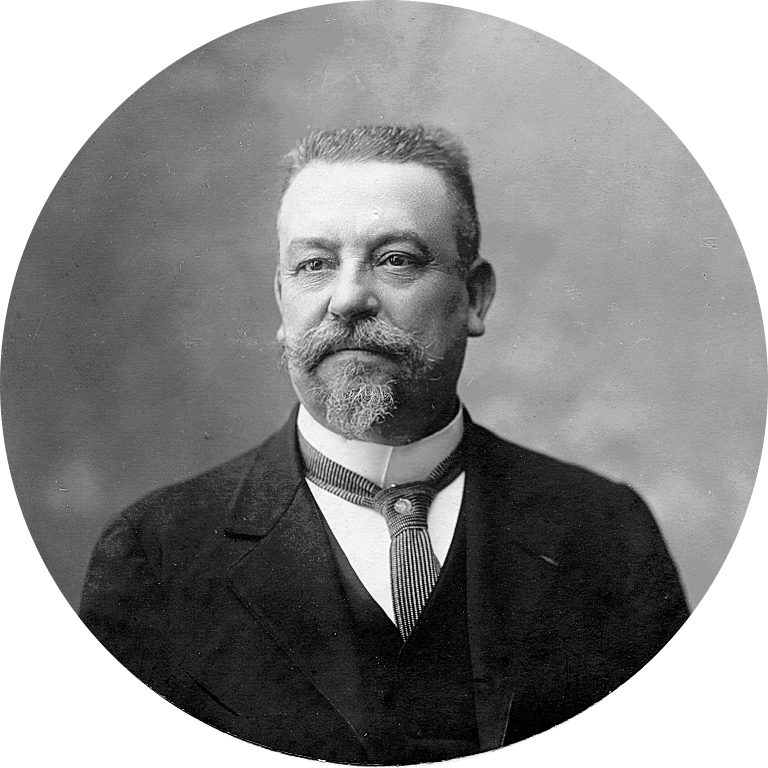DEJA VU
1.Background

- In 1876, Emile Boirac, a French philosopher and researcher, coined the term, which means “already seen.”
- But intellectuals have tried to explain the phenomenon as far back as Plato, who saw it as evidence of past lives
- More recently, Sigmund Freud described this as a “recollection of unconscious fantasy coupled with a desire to improve the present situation.”
- Carl Jung thought it was related to the collective unconscious, while modern Hollywood describes it as a ‘glitch in the matrix’
- Deja vu is literally a person’s subjective experience of repeating a particular set of events, activities, thoughts and feelings, even though that has never in reality occurred before
- Around 90 percent of the population has experienced deja vu and the frequency of it decreases as we age
2. Science behind it
- Our brain basically works like a time and space machine, It takes everything in our present and relates it to something similar or dissimilar in our past
- This way, it will be able to essentially plan the future. But there’s a possibility that these signals could get mixed up
- The phenomenon could have to do with an area in the middle of the brain called the thalamus
- All information such as hearing, taste, touch etc. must pass through the thalamus to the brain’s cerebral cortex (the outermost layer) for further interpretation and processing
- And if the speed of those interactions is a bit different, it then feels to us as if we’re experiencing the present, as though we remember it
- So what our brain has done is literally confused the present with the pas
- It’s also difficult for researchers to reach a conclusion, as deja vu is a difficult phenomenon to reproduce in a laboratory setting
3. Related to 'Parallel Universe'
- Over the decades, scientists have come up with various theories about why and how it happens
- One popular theory from a neurological perspective is dual processing – in which information is stored and retrieved through different processes in the brain
- For example, you are sitting in your living room reading this article. The smell of your mom’s cooking is in the air, your pet is cuddled up on the sofa, you hear the notification sound on your mobile, and feel the sunlight touching your skin. All these sensations add up during processing and are interpreted as a single event
- According to the dual processing theory, when there is a slight delay in the brain while processing one of these inputs, it interprets the experience as two separate events, giving you the feeling of familiarity
- There are also studies linking deja vu with a parallel universe. Theoretical physicist Dr. Michio Kaku believes that deja vu is a form of memory glitch that happens when “fragments of memories stored in the brain… are elicited by moving into an environment that resembles something we’ve already experienced.”
Source: indianexpress




